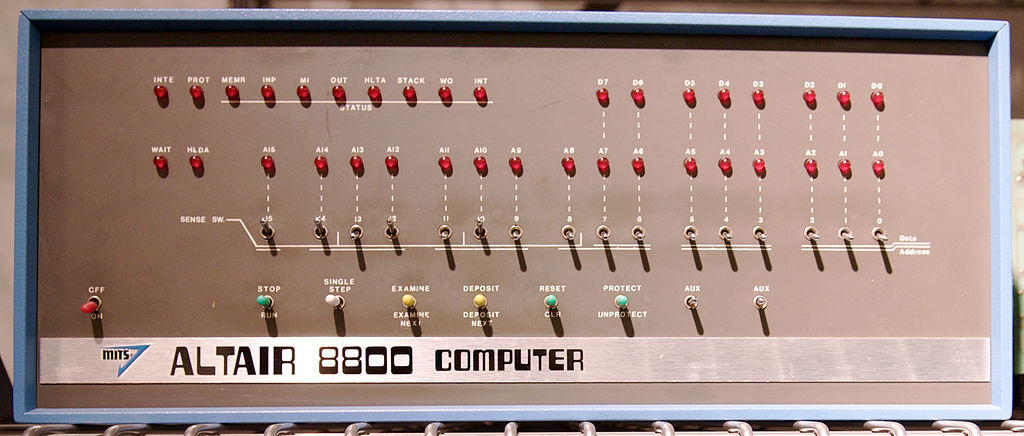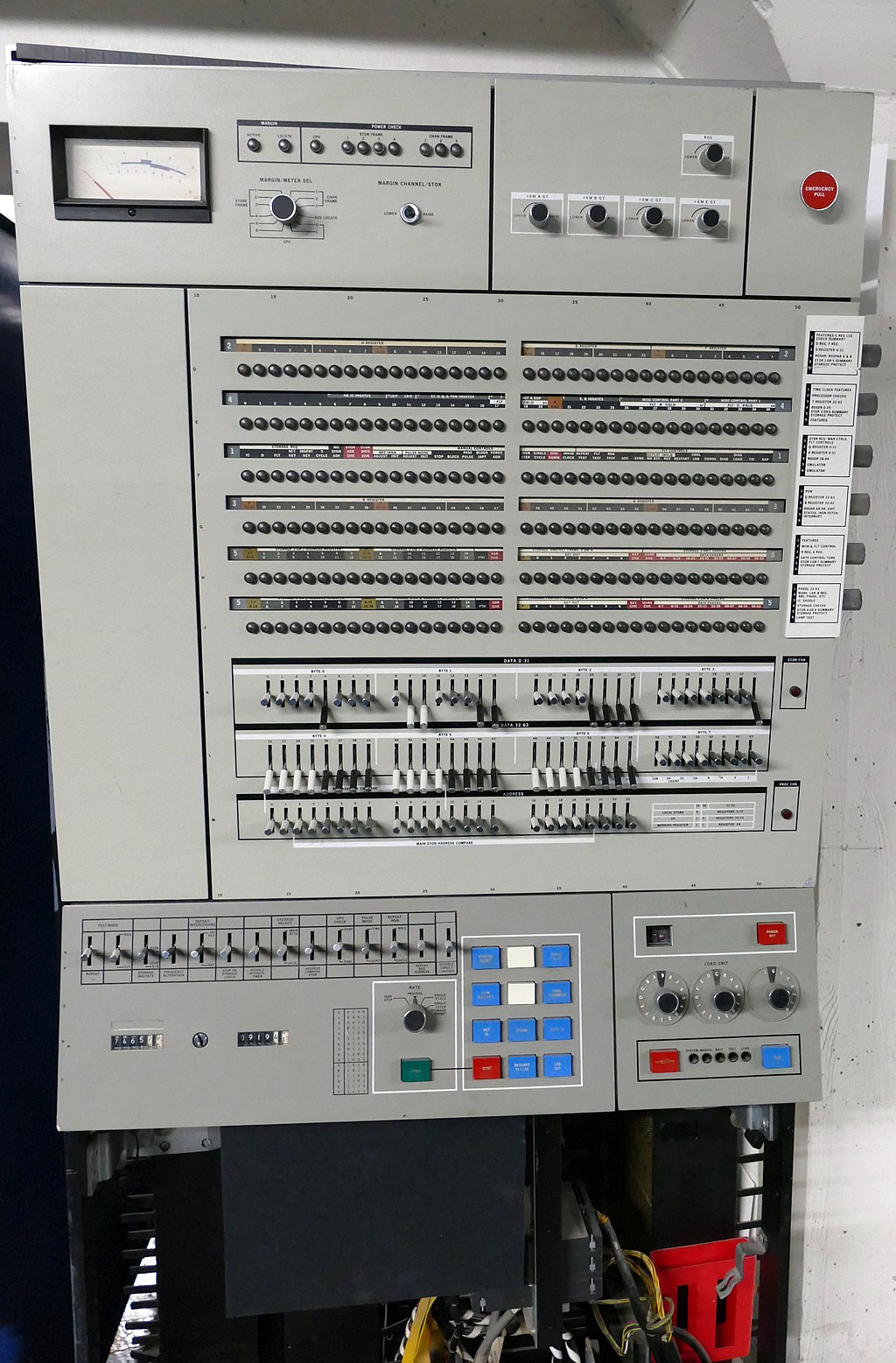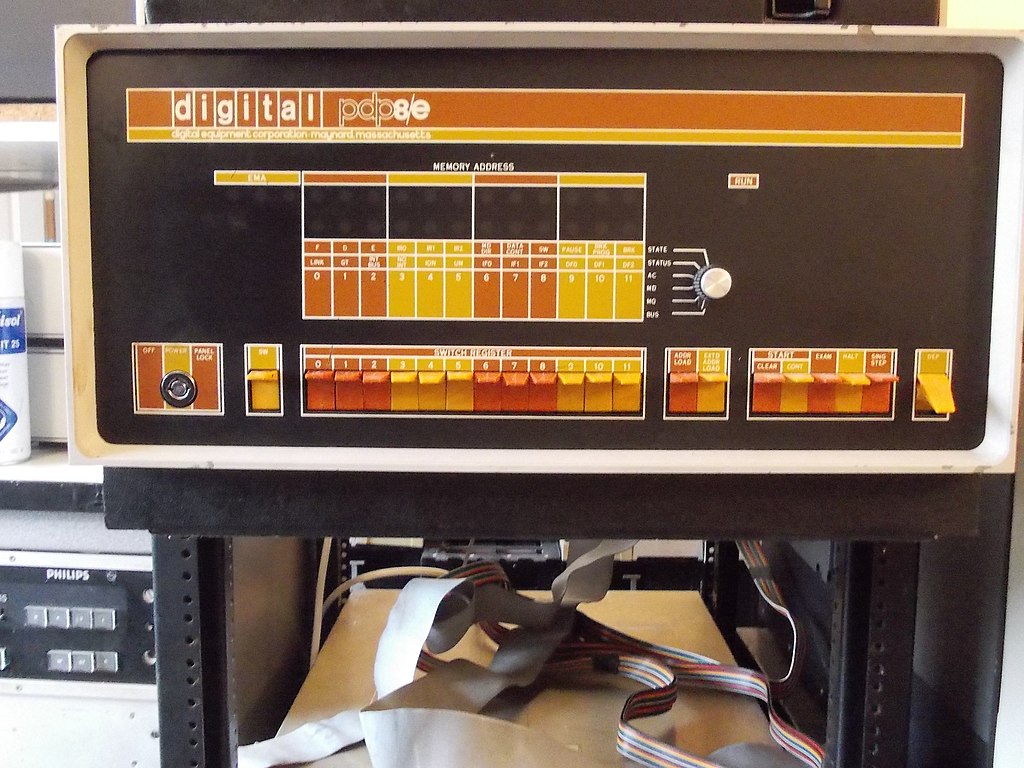My name is Alex Burrell, and one day I wish to be a real programmer. What is a real programmer, one might ask? If you were to ask those foolish JavaScript 'programmers', who make six figure salaries at a FAANG company, anyone who develops applications is a real programmer, including them. But I must attest this. The truth of the matter is that they are the modern day incarnation of the quiche eater: the avocado aficionado. Before I go further, however, I must lay out a definition.
There is no true definition to be found in, say, the Webster's Dictionary. However, there are agreed upon characteristics true of real programmers; the real programmer likes to program on bare metal, uses a low-level language like Assembly, Fortran or C, isn't afraid to implement loops and conditionals using GOTOs and Arithmetic IFs, and has no qualms with using 'unsafe' operations, such as pointer arithemtic, manual memory management, self-modifying code, and negative indexing of arrays.
The phrase "real programmer" comes from the essay Real Programmers Don't Use Pascal, which was widely circulated on Usenet and originally published in July of 1983 in the computer magazine Datamation as a letter to the editor; the work was a parody of the book Real Men Don't Eat Quiche. Since then, the phrase has popped up in such places as the Jargon File (known as The New Hacker's Dictionary in paperback), The Story of Mel, and Real Programmers Don't Eat Quiche.
The modern day incarnation of the real programmer is a tad different from the old-school one (especially considering that several decades have passed since then). The tools the real programmer used to rely on simply don't exist anymore (or are nonfunctional). Superzap, OS/370, punched cards, front panels, etc... are all incompatible with modern day computers (unless, of course, your computer is an IBM mainframe). How does one tell who is a real programmer, then? By their works, of course!
Does the real programmer write pretty GUIs, designed to baby its users? No! What about corporate, runs-in-the-browser front-end applications? Most certainly not! The real programmer, as mentioned previously, programs on bare metal. The real programmer writes the tools no other programmer is prepared to do: systems programming. Yes, it's true! Firmware is the real programmer's forte. That's not to say the real programmer will never compromise occasionally and sit down to write user software (especially when the manager leans over, giving you a stare that could rival that of a lioness eyeing down an antelope). However, if they do, you can be guaranteed they will likely write the most optimized (and most confusing) program in the entire department; the most important quality, aside from correctness, is efficiency. To them, programming guidelines like R.A.I.I, D.R.Y, and S.O.L.I.D are communist propaganda, meant to confuse the programmer into writing inefficient code.
Individuals today who meet the criteria include legends such as Linus Torvalds, the architect of the Linux Kernel and GIT, which the avocado aficionado is so dependant upon as to go into withdrawal were it purged from their computer systems, Terry Davis (may God rest his soul), the creator of TempleOS and HolyC, and Dave Plummer, who, while he was in Microsoft's employ, wrote Windows Task Manager, SmartDrive, and DISKCOPY for MS-DOS.
For those who are curious, here's some examples of what computer panels looked like:

